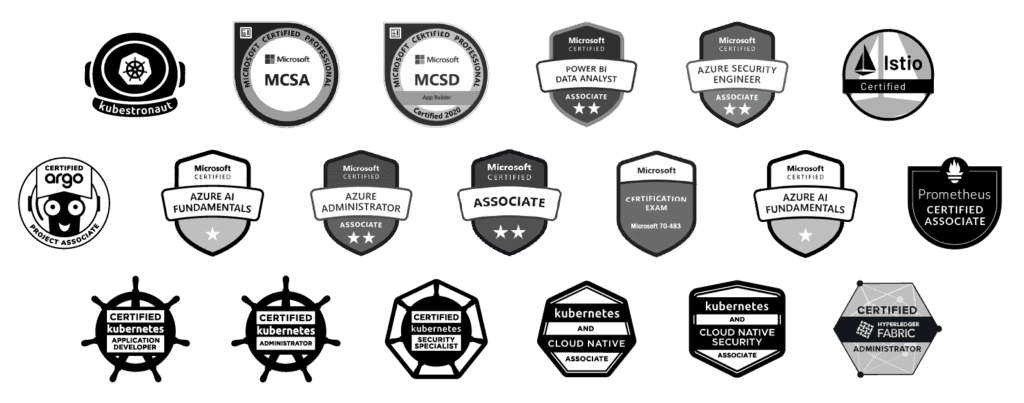In the ever-evolving landscape of technology, Artificial Intelligence (AI) has become a pivotal force reshaping the way businesses operate, innovate, and engage with customers.
1.0 Data Protection and Privacy
Data Security: Implement robust data security measures to protect sensitive information from unauthorized access or breaches. Encryption, access controls, and regular security audits are essential.
Compliance: Ensure that your AI initiatives comply with data protection regulations, such as GDPR (General Data Protection Regulation) or CCPA (California Consumer Privacy Act). Understand the legal obligations and take necessary steps to comply.
Ethical Data Usage: Use data ethically and transparently. Ensure that data collection, storage, and usage align with ethical standards and respect user consent.
2.0 Usability and Accessibility
User-Centric Design: Prioritize user-centric design principles to create AI solutions that are intuitive and user-friendly. Focus on simplicity and efficiency in user interactions.
Accessibility: Ensure that AI applications are accessible to all users, including those with disabilities. Consider incorporating features like screen readers and keyboard navigation.
Human-AI Collaboration: Promote collaboration between humans and AI systems. AI should augment human capabilities and provide valuable insights, making tasks easier for users.
3.0 Data Quality and Accuracy
Data Cleaning: Invest in data cleaning and preprocessing to remove inconsistencies and inaccuracies from datasets. High-quality data is essential for reliable AI outcomes.
Bias Mitigation: Be vigilant about bias in AI algorithms, which can lead to unfair outcomes. Regularly evaluate and adjust algorithms to ensure fairness and equity.
Continuous Learning: AI models should continuously learn and adapt to changing data patterns. Implement mechanisms for model retraining to maintain accuracy over time.
4.0 Scalability and Integration
As businesses grow, AI solutions should be scalable and seamlessly integrated into existing systems:
Scalability: Ensure that AI solutions can scale with the growth of your business. Design systems that can handle increased data volumes and user demands.
Integration: Integrate AI solutions with your existing software and infrastructure. AI should complement and enhance your current operations, not disrupt them.
5.0 Transparent Decision-Making
Explainability: Choose AI models that offer transparency and interpretability. Users and stakeholders should be able to understand why AI made a particular decision.
Auditing and Logging: Implement auditing and logging mechanisms to track AI decisions and actions. This helps in accountability and troubleshooting.
6.0 Regulatory Compliance
Industry-Specific Regulations: Different industries may have specific AI regulations and standards. Familiarize yourself with these and ensure compliance.
Data Retention: Establish data retention policies that align with regulatory requirements. Determine how long you need to retain AI-generated data and ensure proper disposal when necessary.
7.0 Data Governance
Data Ownership: Clearly define data ownership and responsibility within your organization. Determine who is accountable for data quality and security.
Data Cataloging: Maintain a catalog of datasets and their metadata to facilitate data discovery and management.
8.0 Ethical Considerations
AI should be used ethically and responsibly:
AI Ethics Committee: Consider establishing an AI ethics committee within your organization to oversee AI initiatives and ensure ethical practices.
Ethical Training: Educate employees about AI ethics and encourage responsible usage within your organization.
9.0 Monitoring and Evaluation
Key Performance Indicators (KPIs): Define KPIs to measure the effectiveness of AI solutions in achieving business objectives.
Feedback Loops: Create feedback mechanisms to gather user input and continuously improve AI systems.
10.0 Vendor Selection and Partnerships
Vendor Reputation: Research and select reputable vendors with a track record of ethical practices and data security.
Data Sharing Agreements: Establish clear data-sharing agreements and understand how your data will be used by third parties.











